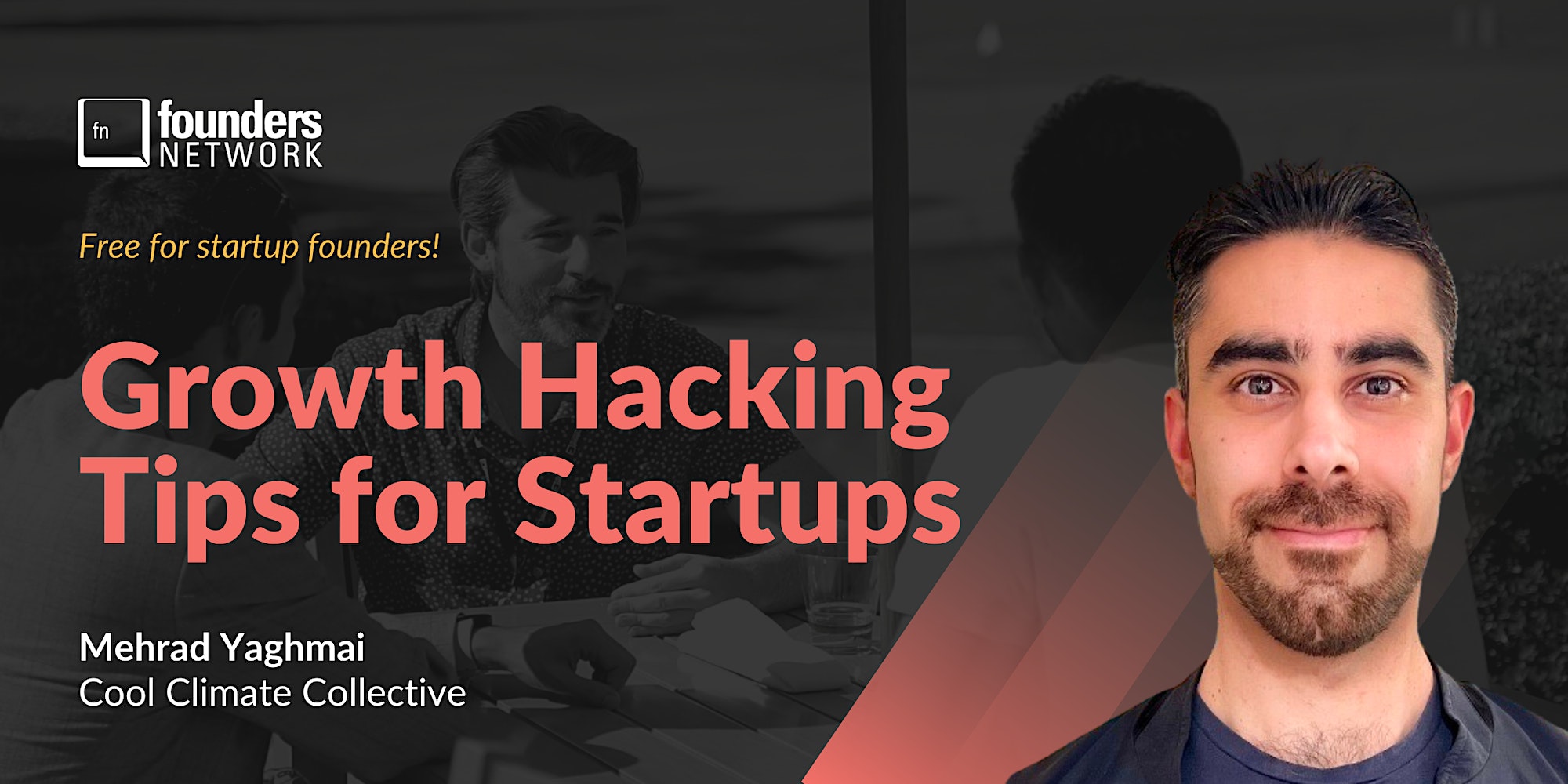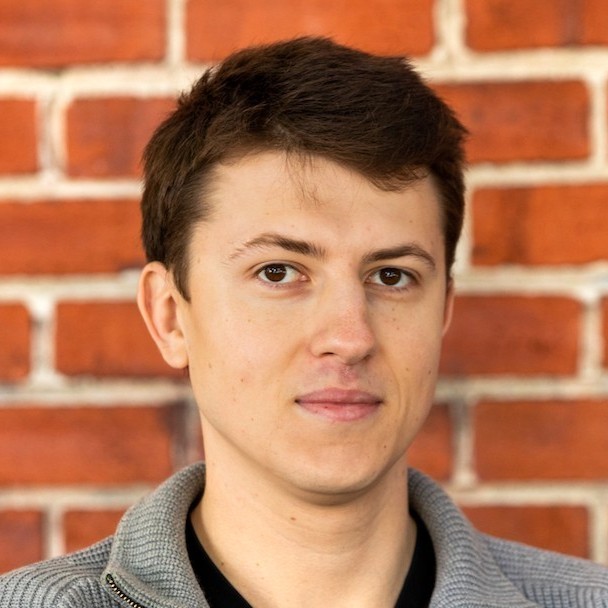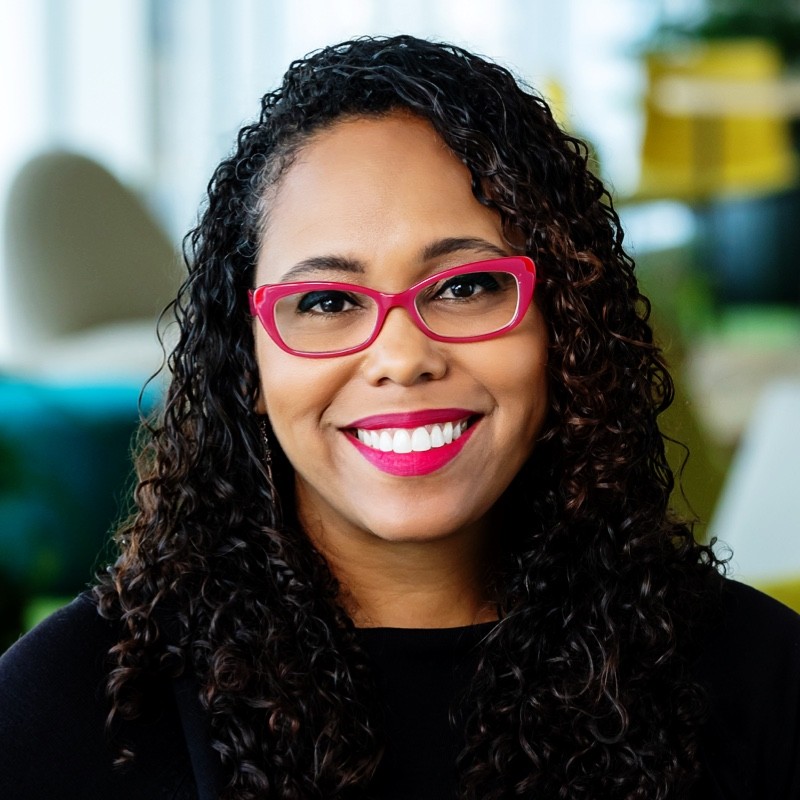
To learn growth hacking tips for startups, click here to watch Mehrad Yaghmai’s webinar.
Mehrad Yaghmai is a systems thinker. His career started when he moved to Dubai – after graduating from the University of California, San Diego. The move allowed him to work on projects that inspired his entrepreneurial spirit.
“As I developed expertise, I got really involved with the startup ecosystem over there. I started getting pulled into workshops at different co-working spaces and incubators to share my knowledge and how I’d worked to build systems from scratch,” he shares.
As time went on, Mehrad found that many of his roles tasked him with thinking as an entrepreneur to creatively solve problems. This also led him to work for companies that were not often thought to be sustainable, but that offered solutions that were climate-positive.
After a decade abroad, Mehrad moved back to a California much different from the one he had left. The year was 2020 and wildfires turned the San Francisco sky red. The effects of the climate crisis loomed.
This drastic change led him to turn his concern into action by founding Cool Climate Collective where he invests in climate tech and uses his startup expertise to help founders build impactful companies.
In a Founders Network webinar on Octobern 4, Mehrad will share growth hacking tips for startups. In addition, he’ll detail his framework for how founders can integrate a climate-first lens into any industry.
His session will cover:
- How to develop a climate-first business model
- How to best leverage growth hacking tips to scale sustainable businesses
- The power of using systems thinking to create new business angles
- Advice for how to integrate an eco-lens atop any business model
Investing In Climate Tech
Cool Climate Collective brings together investors and operators from across the world who are at the intersection of climate and technology. Their mission is to accelerate solutions to climate change.
“One of our strengths is that we’ve pulled in a lot of other operators or founders like myself who are able to support our founders,” says Mehrad. “We always start with ‘What are you trying to figure out?’ and then match our founders with another expert who can help them solve that issue.”
At Cool Climate Collective, founders and investors have options to join their syndicate, pitch a startup, co-fund businesses, or offer mentorship to up-and-coming founders. In addition to traditional support, mentors help founders navigate the world of grant funding or building private-public partnerships. This enables them to grow their impact to meet the unique challenges of founders within the field.
As a collective, the team has supported plant-based food companies such as AKUA, methane-reducing innovators including Alga Biosciences, and clean energy leaders like Moneytree Power.
An Unsuspecting Path Into Sustainability
Mehrad’s path into eco-investing was achieved by taking a path less traveled. Initally, he began working for a variety of companies in Dubai where he stumbled upon climate-smart businesses in unexpected places.
“I briefly worked with a thermal energy storage company in Dubai. I never thought of it as a climate company, but just a brilliant operational efficiency play to capture wasted heat,” says Mehrad.
This work taught Mehrad that eco-efficiencies can be uncovered and integrated into any business model. Today, he uses these learnings to offer ecosystem building to founders. His focus is on growth hacking by creating plans to penetrate markets that are yet to exist.
“The very basic statement of: ‘This is a problem for a billion people.’ I think that’s a massive market and a massive opportunity space,” says Mehrad.
Thinking Outside of The Box
With this ethos, Mehrad looks to push founders beyond a ‘green tax’ or brand positioning that aims to sell climate initiatives as a virtue play. Instead, he focuses on finding the greater ‘why’ and positioning consumers around this.
“Take social enterprises, for example. One model is to offer a percentage of proceeds to support a cause. Another way of operating is to think outside of the box. If focused on land, I think: ‘Well there is someone who cares about this land’. Whether that’s the city, state, or others I try to get to the custodians who want to preserve it. From there, I focus on designing models to create a more institutionalized impact,” he shares.
Mehrad encourages all founders – whether sustainability-forward or not – to connect and collaborate with him to see if there may be a hidden eco-edge waiting to be integrated within their startup.
To learn more about growth hacking tips, register for Mehrad’s webinar on September 28.






